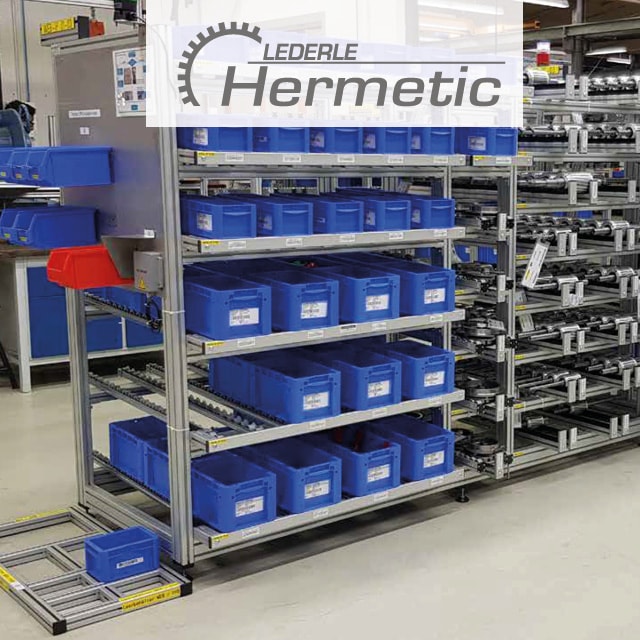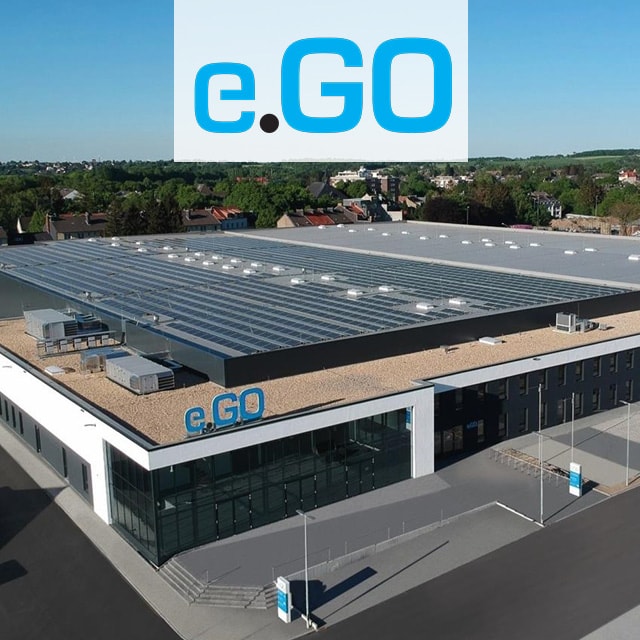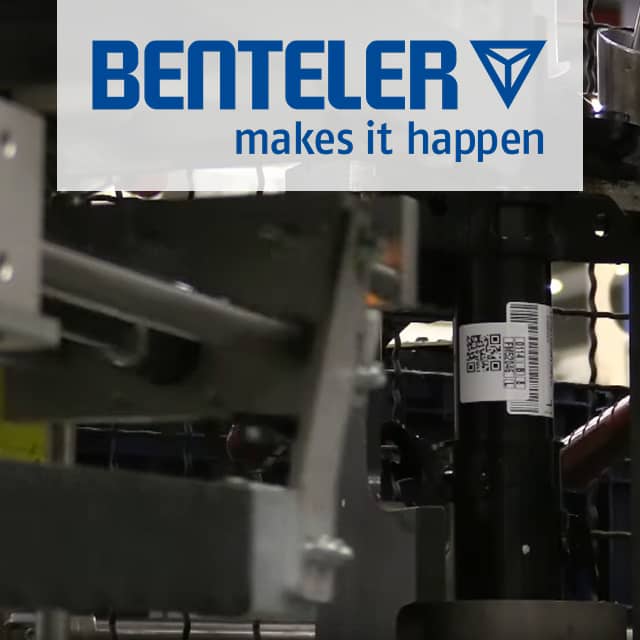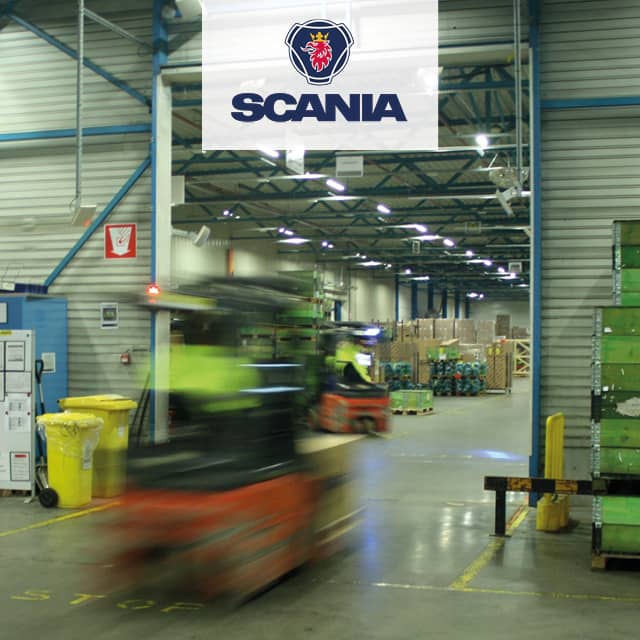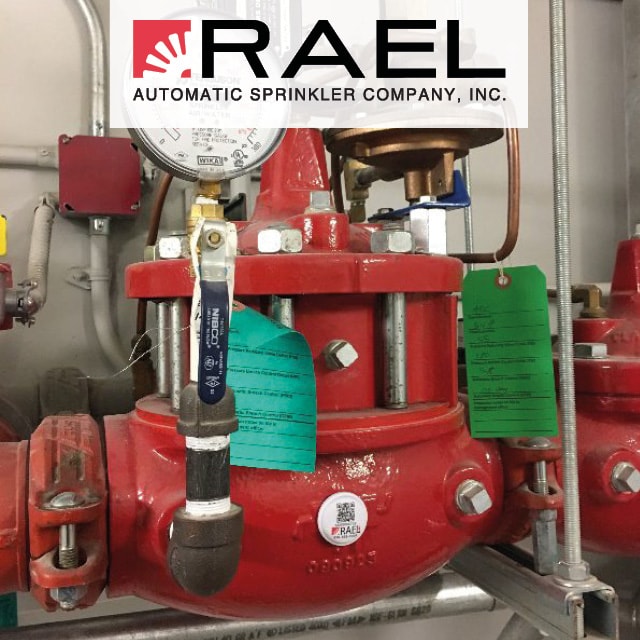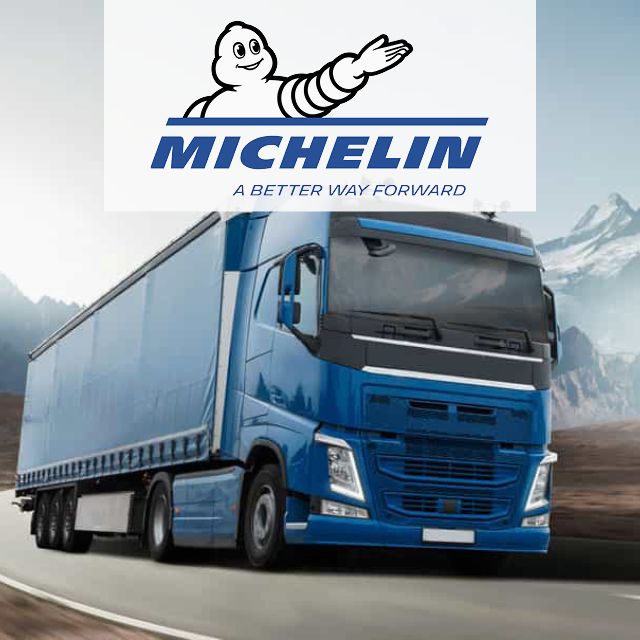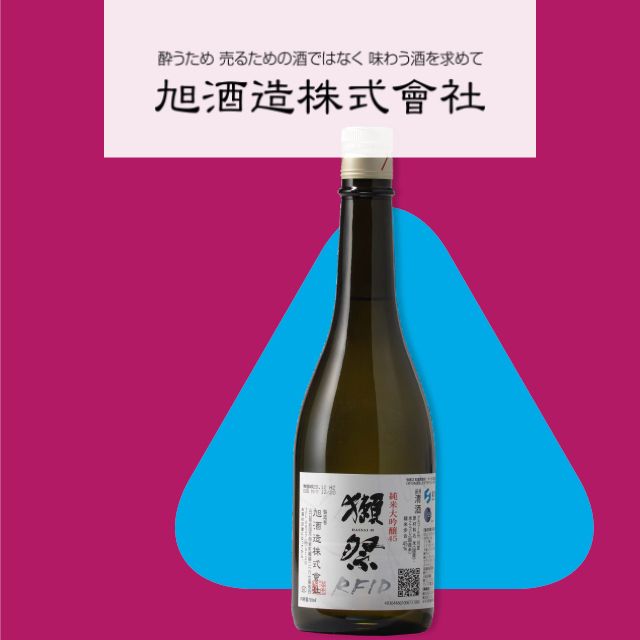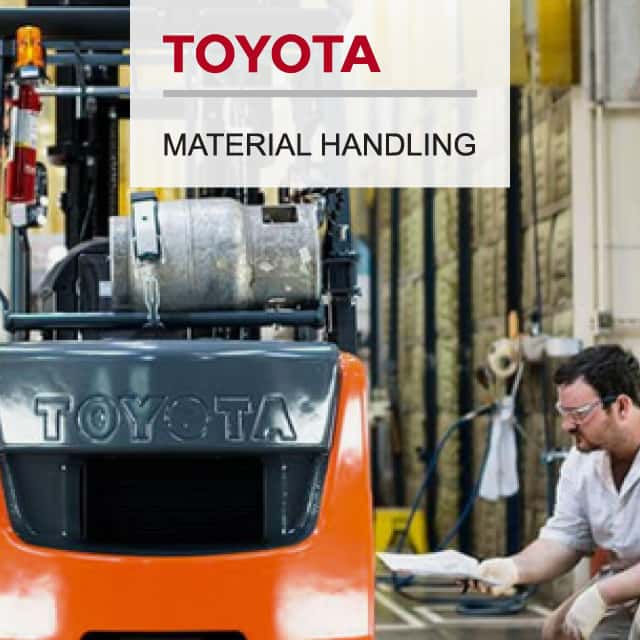
Managing Variant Diversity with RFID
The Mercedes-Benz Vans plant in Ludwigsfelde produces vehicles from the comercial van portfolio of the Stuttgart-based automotive group.
In the production of the Sprinter transporter, more than 100 different exterior mirror variants are used.
Overall, the number of component variants increased by 20 percent during the last model change. Mercedes-Benz Vans uses an RFID-based solution to keep track of production.
Mercedes-Benz Vans achieved sales of over 13.6 billion euros in 2018 and employs over 26,000 people worldwide. A total of 421,401 vehicles were sold worldwide in 2018 - with over 200,000 units, the Sprinter model is by far the best-selling vehicle in the portfolio. The Mercedes-Benz plant in Ludwigsfelde was founded on February 1, 1991.
Process Requirements
The comercial vans produced in the Ludwigsfelde plant are becoming more and more individual, based on the extensive configuration possibilities of the customers. With the variety of variants of the various components used, the risk of possible mix-ups or delays in the assembly of the vehicles also increases.
Employees must either manually scan in an optical code on the components or read out the part number manually at various key points in logistics and production.
The requirement for a digital solution is that, despite increasing variance, neither the quality is reduced nor delays in production occur.
Employees should be relieved of routine tasks. At the same time, an automatic shoring check should provide reliable information that the right part is installed in the right vehicle.
Solution
The Ludwigsfelde plant receives components marked with RFID tags from exterior mirror and seat manufacturers. These are previously recorded by the supplier in a goods issue area using RFID antennas. A digital shipping notification is triggered. In Ludwigsfelde, an automatic matching takes place at the goods receiving department, another directly at the production line. During a final inspection of the finished vehicle, all tagged parts are recorded again.
Depending on the requirements of the process, both stationary antenna-reader combinations and handhelds are used. In the incoming goods department, for example, stationary readers record the data. Handling devices that support seat installation are also equipped with stationary readers.
At the same time, mobile applications are defined together with a team from the Fraunhofer IFF. Employees, for example in the finishing area, can manually scan and register components for control purposes.
As part of the first RFID pilot, the suppliers involved in the project received the labels directly from the Ludwigsfelde plant. The aim is to write as little data as possible on the tags. The data links to further information in the backend to enable clear component identification.
The coding at the plant is based on VDA recommendations 5500 and 5505. The freedom of the recommendations is used to use Daimler ISO standards that define coordinated number ranges for specific component groups.
Technologiepartner
Advantages
- Up to four detection points ensure complete production transparency.
- Technical and organizational standards of RFID usage are communicated and shared with sister companies.
- Unambiguous component identification is made possible.
Perspective
- RFID labels can be used in the future to identify parts in the after-sales area, e.g. for vehicle inspections in partner workshops
- The integration of the suppliers is the starting point of the project - the introduction to the other Mercedes-Benz Vans plants is the goal.
- Guideline for all digitization aspects of the project until 2025: a switch from monolithic IT systems to flexible modules that can be implemented quickly and globally.
Learn More
Questions? Get in contact with the editorial team!
Technologies
Application Fields






